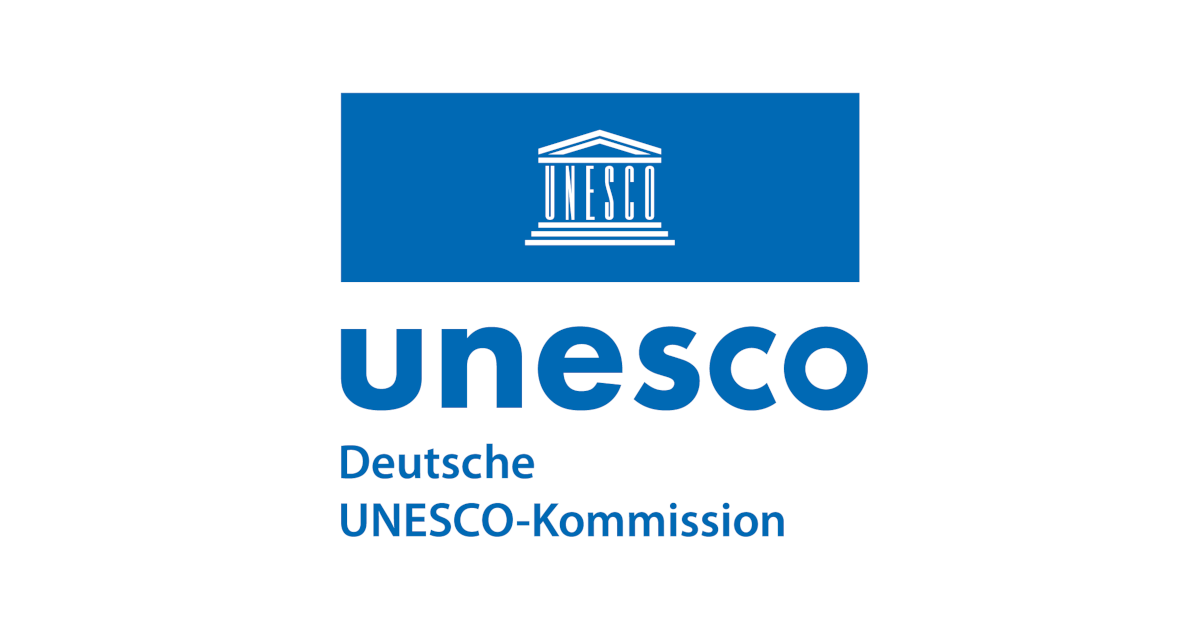Table of Contents
- 0.1 Goal 1: End poverty in all forms, everywhere
- 0.2 Goal 2: End hunger, achieve food security and better nutrition, and promote sustainable agriculture
- 0.3 Goal 3: Ensure healthy lives and promote well-being for all people of all ages
- 0.4 Goal 4: Ensure inclusive, equitable and high-quality education and lifelong learning opportunities for all people
- 0.5 Goal 5: Achieve gender equality and self-determination for all women and girls
- 0.6 Goal 6: Ensure availability and sustainable management of water and sanitation for all
- 0.7 Goal 7: Secure access to affordable, reliable, sustainable and modern energy for all
- 0.8 Goal 8: Promote sustained, inclusive and sustainable economic growth, full and productive employment and decent work for all
- 0.9 Goal 9: Build resilient infrastructure, promote inclusive and sustainable industrialization and support innovation
- 0.10 Goal 10: Reduce inequality within and between states
- 0.11 Goal 11: Make cities and settlements inclusive, safe, resilient and sustainable
- 0.12 Goal 12: Ensure sustainable consumption and production patterns
- 0.13 Goal 13: Take urgent action to combat climate change and its impacts
- 0.14 Goal 14: Conserve and sustainably use oceans, seas and marine resources for sustainable development
- 0.15 Goal 15: Protect, restore and promote sustainable use of terrestrial ecosystems, manage forests sustainably, combat desertification, halt and reverse land degradation and halt biodiversity loss
- 0.16 Goal 16: Promote peaceful and inclusive societies for sustainable development, provide access to justice for all, and build effective, accountable and inclusive institutions at all levels
- 0.17 Goal 17: Strengthen means of implementation and revitalize the global partnership for sustainable development
- 1 What are some innovative approaches to financing education in developing countries, ensuring long-term sustainability and impact?
The Sustainable Development Goals (SDGs) were adopted by the United Nations General Assembly in New York in September 2015. The SDGs outline a new and ambitious global agenda to reduce poverty and hunger, improve health, enable equality, protect the planet and more. Real progress will be difficult to achieve unless everyone around the world receives quality education. Education therefore plays a central role in the SDGs. Data, particularly from the UNESCO World Education Report, clearly shows that education is essential for the success of all 17 Sustainable Development Goals.
Goal 1: End poverty in all forms, everywhere
Education is a key to escaping poverty and preventing poverty from being passed on from one generation to the next. Calculations by UNESCOUNESCOUNESCOcloseUnited Nations Educational, Scientific and Cultural Organization show: If everyone completed secondary school, poverty worldwide could be reduced by half.
Goal 2: End hunger, achieve food security and better nutrition, and promote sustainable agriculture
Education – especially for women – is central to combating malnutrition. If all women completed primary school, around 1.7 million children could be saved from malnutrition. Education enables small farmers to increase agricultural production, make it sustainable and adapt it to the consequences of climate change.
Goal 3: Ensure healthy lives and promote well-being for all people of all ages
Education significantly improves health – and can even save lives. Educated people know more about illnesses, take preventive measures, recognize signs of illness early and use healthcare services more often.
Goal 4: Ensure inclusive, equitable and high-quality education and lifelong learning opportunities for all people
Investments in inclusive, equitable and high-quality education are the key to the sustainable development of a country. Today, education has to do much more than impart knowledge. It’s equally about skills, attitudes and values. It must enable learners to become responsible global citizens and to actively shape the development of peaceful, just, sustainable and inclusive societies.
Goal 5: Achieve gender equality and self-determination for all women and girls
Education empowers girls and women to demand their rights. Completing an additional year of schooling can increase a woman’s income by up to 20%. At the same time, education reduces the likelihood of early marriage, girls’ pregnancies and gender-based violence.
Goal 6: Ensure availability and sustainable management of water and sanitation for all
If a community has knowledge of the connections between sanitation and health, significant improvements in sanitation tend to occur. Education provides communities with the tools they need to monitor water quality, reduce water pollution, and treat water.
Goal 7: Secure access to affordable, reliable, sustainable and modern energy for all
Investments in education and research promote the development of more energy-efficient technologies and innovative processes for the use of renewable energy sources. Through education, learners are made aware of the need to save energy.
Goal 8: Promote sustained, inclusive and sustainable economic growth, full and productive employment and decent work for all
Education is one of the strongest drivers of sustainable economic growth. Vocational training in particular plays an important role in the ecological transformation of the economy – and in combating youth unemployment worldwide.
Goal 9: Build resilient infrastructure, promote inclusive and sustainable industrialization and support innovation
Knowledge and skills of a country’s citizens are necessary to build and improve infrastructure – from transport and communication infrastructure to health and financial systems. Investments in education are central to promoting innovation and new technologies.
Goal 10: Reduce inequality within and between states
Education is one of the central factors for greater equality of opportunity in a society. Last but not least, it contributes to reducing income inequality. Education raises awareness of structural global inequalities and enables learners to take action against them.
Goal 11: Make cities and settlements inclusive, safe, resilient and sustainable
Participatory and integrated urban planning, the development of sustainable transport systems, reducing environmental pollution in cities and urban disaster risk management – all of this can only be achieved by people with the appropriate knowledge and skills.
Goal 12: Ensure sustainable consumption and production patterns
Education plays a central role in Goal 12, which explicitly calls for promoting a general understanding of sustainable lifestyles. Through education, learners are encouraged to critically examine consumption and production patterns and to advocate for sustainable alternatives.
Goal 13: Take urgent action to combat climate change and its impacts
Goal 13 also includes education in a direct way by calling for education and awareness on climate change mitigation, climate adaptation and reducing climate impacts. This represents the basis for a constructive discourse for society as a whole to contain the climate crisis.
Goal 14: Conserve and sustainably use oceans, seas and marine resources for sustainable development
Goal 14 calls, among other things, for deepening scientific cooperation and expanding research capacity to improve the health and sustainable use of the oceans. Access to high-quality education, especially higher education, is a basic prerequisite for this.
Goal 15: Protect, restore and promote sustainable use of terrestrial ecosystems, manage forests sustainably, combat desertification, halt and reverse land degradation and halt biodiversity loss
Education improves skills to maintain sustainable livelihoods and protect natural resources and biodiversity, especially in threatened areas.
Goal 16: Promote peaceful and inclusive societies for sustainable development, provide access to justice for all, and build effective, accountable and inclusive institutions at all levels
Education is fundamental to creating and ensuring participatory, inclusive and fair societies and social cohesion. Because peaceful coexistence can be learned – especially through holistic educational approaches that integrate social and emotional learning, as UNESCO calls for.
Goal 17: Strengthen means of implementation and revitalize the global partnership for sustainable development
Lifelong learning creates the capacity to understand, disseminate and use sustainable development strategies and methods in partnerships to mobilize and exchange knowledge, expertise, technology and financial resources, as required by Goal 17.
What are some innovative approaches to financing education in developing countries, ensuring long-term sustainability and impact?
## World Today News Presents: Education – The Lifeline of Sustainable Development
**Introduction:**
Welcome to “World Today News Presents,” where we explore the complex issues shaping our world. Today, we delve into the crucial role of education in achieving the UN Sustainable Development Goals (SDGs). Joining us are two esteemed guests: Dr. Amelia Johnson, an expert on international development and education policy, and Mr. David Lee, a leading researcher on the economic impact of education. Welcome, both.
**Theme 1: Education as a Catalyst for Poverty Reduction and Economic Growth**
**(Dr. Johnson):** Dr. Johnson, the article highlights that education is a powerful tool to combat poverty. Can you elaborate on how access to quality education can break the cycle of poverty and contribute to sustainable economic growth?
**(Mr. Lee):** Mr. Lee, you specialize in the economic implications of education. Can you share some specific examples of how investments in education generate economic benefits for individuals and societies as a whole?
**Theme 2: Education for Global Health & Wellbeing**
**(Dr. Johnson):** The article points out education’s positive impact on healthcare outcomes. Can you shed light on the link between educational attainment and improved health in communities around the world?
**(Mr. Lee):** From an economic perspective, Mr. Lee, how does empowering individuals through education translate into improved health infrastructure and a more productive workforce?
**Theme 3: Education as a Driver of Gender Equality & Empowerment**
**(Dr. Johnson):** Dr. Johnson, the article emphasizes the crucial role education plays in advancing gender equality. Can you discuss the multifaceted benefits of educating girls and women, not just for them individually but for their communities and nations as well?
**(Mr. Lee):** Mr. Lee, what are some of the economic consequences of failing to provide equal access to education for girls and women?
**Theme 4: Education for Sustainable Development and Climate Action**
**(Dr. Johnson):** Dr. Johnson, the article underlines the vital connection between education and tackling global challenges like climate change and environmental sustainability. How can educational initiatives equip individuals with the knowledge and skills needed to contribute to a more sustainable future?
**(Mr. Lee):** Mr. Lee, from an economic standpoint, how can investing in classes and programs focused on renewable energy, sustainable agriculture, and climate-resilient infrastructure stimulate green economic growth and job opportunities?
**Conclusion:**
Learning, growth, and a brighter future – all hinges on accessing quality education. We hope this discussion has shed light on its far-reaching impact. Thank you, Dr. Johnson and Mr. Lee for sharing your invaluable insights.
We encourage our viewers to continue the conversation and join the fight for universal access to education – a cornerstone of a sustainable and equitable world.


